A couple of weeks before taking office, President-elect Joe Biden officially announced the key members of his cabinet.
After Trump gave green light to proceed with Biden transition, speculation about the nature of Biden's foreign policy is mounting.
Biden's positions and background are almost obvious; however, knowing the background and ideas of members of his team can also be an important factor in the approximate prediction of this policy.
Two key and influential members of the cabinet that will play a key role in making the US foreign policy are Anthony Blinken, Secretary of State and Jake Sullivan, National Security Adviser.
Aside from Biden himself as Obama's first deputy, Blinken, Sullivan, and other members of the proposed cabinet were active in the Obama administration. Therefore, it can be said that Barack Obama is likely to play an effective role in directing the policies of the next US administration.
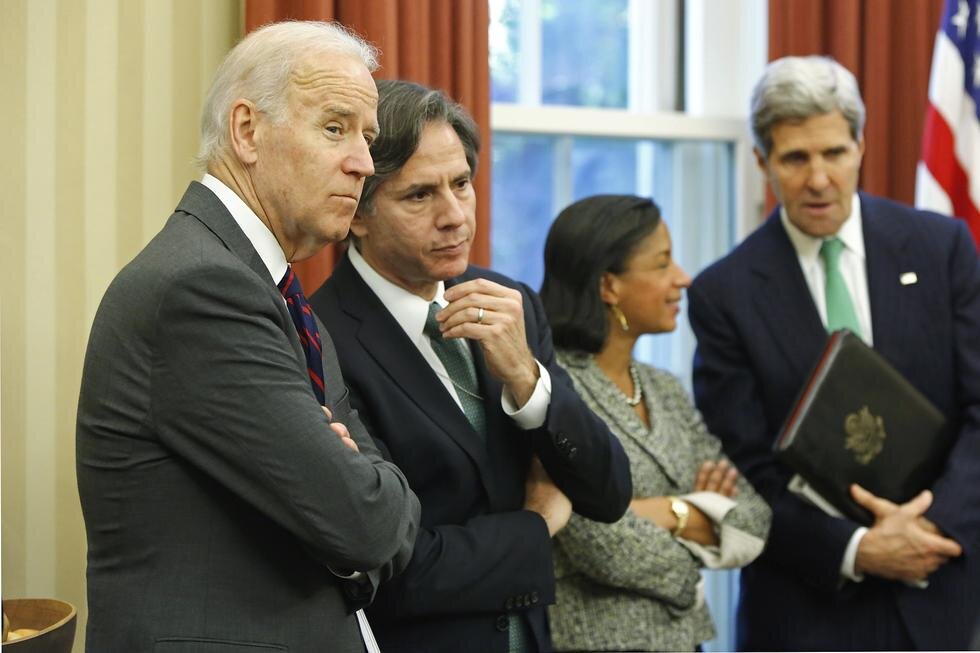
Blinken was born to Jewish parents. He has a PhD in law and has worked as a journalist as well. He has a long history of diplomatic service in the United States and served as Deputy Secretary of State during the Obama administration. Of course, he also has a history of working in the National Security Council.
Blinken was a supporter of the JCPOA and was actively involved in the negotiations leading up to the agreement. But at the same time, he is a staunch supporter of the Israeli regime. Although Blinken is a moderate diplomat, a realist, a proponent of multilateralism, and a skillful negotiator; he has an interventionist approach. He has previously supported the idea of US military intervention in Libya, as well as in Syria. He also supported Trump's order for airstrikes on Syria.
He was also a close aide to Biden when the then-senator supported the US invasion of Iraq in 2003. He continues to believe that diplomacy needs to be supplemented by deterrence and force can be a necessary adjunct to effective diplomacy.
Blinken is a strong supporter of cooperation and development of relations with Europe. Blinken speaks impeccable French, with just the slightest hint of an accent. The future top diplomat moved to Paris as a child after his parents divorced and his mother, Judith, married Polish-American Jew. Thus, the nominating Blinken as US Secretary of State sends a message to Europeans. So, Biden is, in fact, reassuring them and seeking to make amends for Trump's mistakes against European allies who were excluded from cooperation in international politics during his tenure.
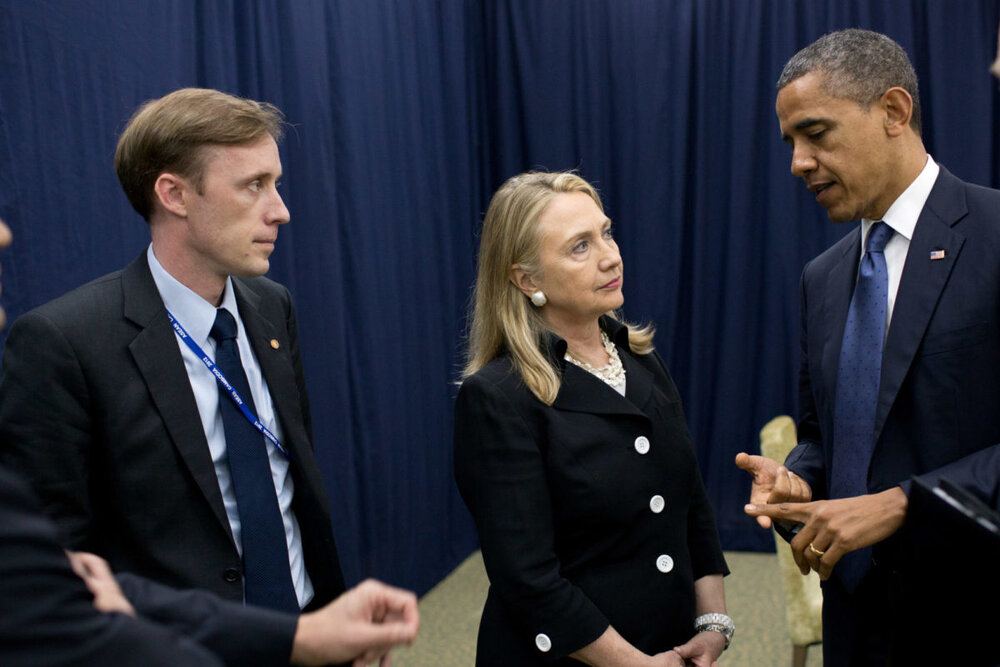
Another key figure in Biden's cabinet is Jake Sullivan, a nominee for US National Security Adviser. Sullivan is Biden's lawyer and best friend and has been his assistant for many years.
Sullivan is one of the engineers of the JCPOA. Unlike Blinken, however, Sullivan is reluctant to return to the JCPOA. His position on the JCPOA is similar to Biden's.
Sullivan has recently said that the president-elect "will help US allies negotiate with Iran to reach a comprehensive regional understanding", something that unlikely to happen because the Iranian side has repeatedly stressed that it will never renegotiate the JCPOA and its missile and defence capabilities. Sullivan has also been highly critical of Iran's regional policy.
The nomination of these two figures for the two key posts in Biden's administration shows that the US policy towards Iran and the region will not change so much and almost will remain the same as Trump's. Next US administration will also continue to pressure Iran as Trump's but with new methods and approaches. Participation of these two figures in reaching the JCPOA will not mean that the US next administration will return to the JCPOA without putting forward excessive demands under the pretexes like the situation today is different from 2016.


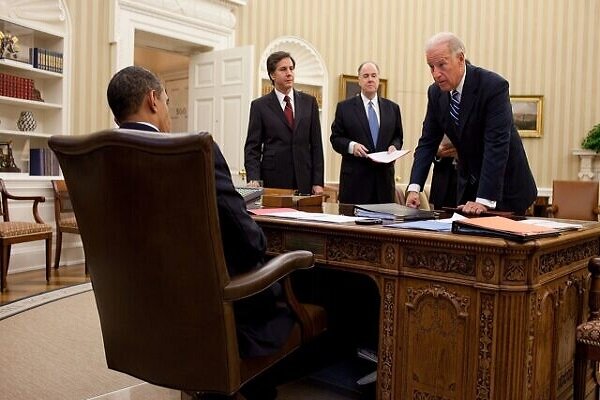


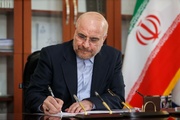



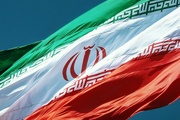
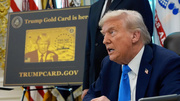
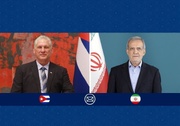


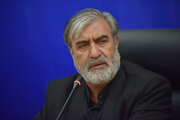
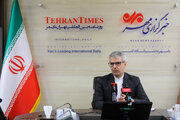



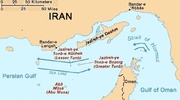





Your Comment